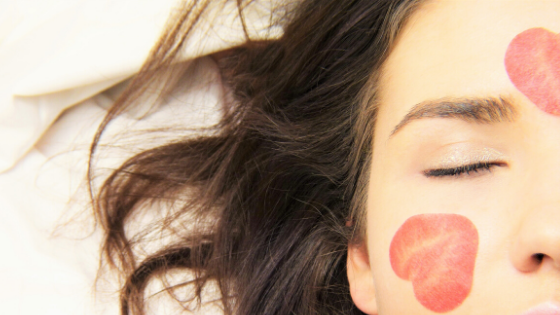


When you are on the go, healthy food is typically the first thing to be sacrificed. Whether or not you are getting the right vitamins and nutrients is probably less of a factor than whether or not a meal is quick enough for you to eat and still get somewhere on time.
Due to this grab-and-go, fast-food lifestyle, many people choose to take vitamin and mineral supplements to ensure they’re getting the nutrients they need. For those who don’t do this, it can take its toll on the overall health of their bodies — including their skin.
Different vitamins and minerals can be particularly good for your skin, helping to rejuvenate it and restore a healthy glow. Some nutrients also serve as antioxidants, which help to reduce the effect of free radicals on your cells.
Free radicals begin an oxidizing process within your body that damages your cells and their functions [source: American Dietetic Association]. Though there are many helpful supplements out there, the ones listed here are especially helpful for skin health.
Vitamin A, which is found in cereal, eggs, liver and milk, is essential in maintaining healthy skin and helping it repair itself. The right amount of vitamin A can diminish the appearance of fine lines and wrinkles, and it can help combat acne and dry skin. Most people’s diets provide an adequate supply of vitamin A.
However, if you have certain dietary restrictions, you might need a supplement. Before you begin taking a supplement, though, keep in mind that the daily recommended amount (combining food and supplement sources) is 700 micrograms for adult females and 900 micrograms for adult males [source: WebMD]. Daily allowances for children are lower – from 300 to 600 micrograms per day depending on age.
Since it is able to help skin tissue repair itself, vitamin C can help reduce the effects of sun damage. Vitamin C is found in many foods including citrus fruits, strawberries, tomatoes, broccoli and sweet potatoes, but you can also take vitamin C as a supplement.
Depending on your age and gender, the recommended dietary allowance (RDA) is anywhere from 40 to 90 milligrams per day [source: WebMD]. In topical form, vitamin C can also help boost collagen production, which can restore some of your skin’s strength.
Vitamin E helps fight the effects of sun damage too, and it also helps keep skin smooth, fighting fine lines and wrinkles. That is why vitamin E is a common ingredient in anti-aging skin care products. It is also useful as a vitamin supplement. Vitamin E has been known to interact with certain medications. So, before adding a vitamin E supplement to your daily routine, check with your doctor.
Minerals can also be helpful to your skin. Selenium helps to fight the effects of free radicals by protecting your cells. You only need small amounts of selenium each day. In fact, a typical diet should supply all that you need. Selenium can be found in whole nuts, fresh fish, poultry and grains.
These vitamins and minerals will help your skin look its best. It is possible to receive what you need through balanced nutrition, but supplements can help make up for any deficits in your diet. My personal Choice is Amway NUTRILITE Daily, Ulitmate Nutrition Omega 3 2000mg, Ultimate Nutrition CLA 2400 MG, Vitamin C 500 mg per day. All at Breakfast.
Ryan Fernando is an Award-winning celebrity Sports Nutritionist with 2GUINNESS world record and 2 Olympic medals under his belt. His client list include Olympic wrestler Sushil Kumar, cricketer Shikhar Dhawan & bollywood superstars Aamir Khan & Abhishek Bachchan. He is Chief Nutritionist at QUA Nutrition Signature Clinics.
©2023 All Rights Reserved Ryan Fernando. Designed and Developed by Floral Web Services